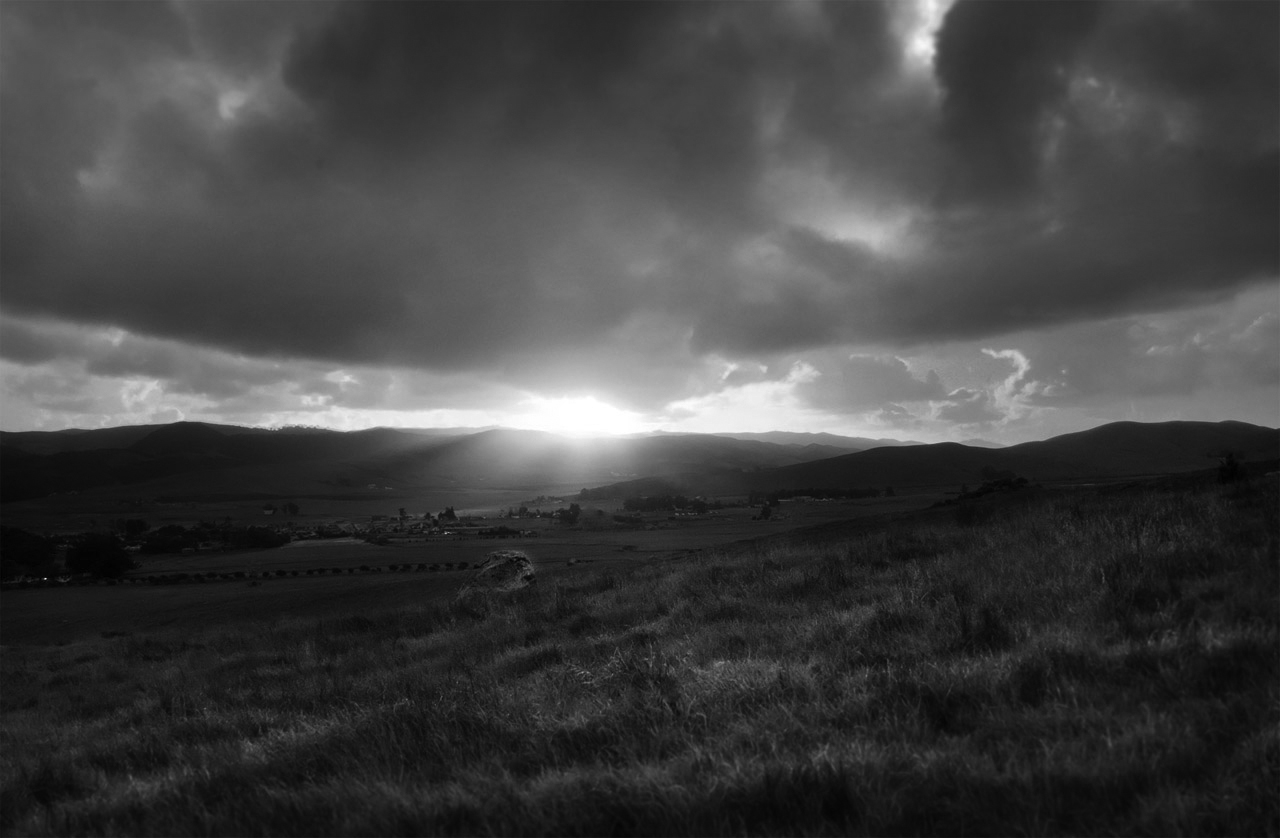Spurgeon on the Practice of Praise
I am reading C. H. Spurgeon’s book, The Practice of Praise (Whitaker House, 1995). This is a power-packed little read! Here are some amazing (and convicting!) quotes that I highlighted from the first half of the book. (Second half coming soon!) ~ Dwayne
- “They shall abundantly utter the memory of God’s great goodness.” (Psalm 147:5) The word, utter, contains the idea of boiling or bubbling up like a fountain. It signifies a holy fluency about the mercy of God…It matters not how fluent men and women are, if they are not fluent on the topic here before us. Open your mouths. Let the praise pour forth. Let it come, rivers of it. Stream away! Gush away, all that you possibly can…Go on, go on. Pile it up. Say something greater, grander, and more fiery still! You cannot exceed the truth. You have come to a theme where your most fluent powers will fail in utterance.” (pp. 25-26)
- “Play the organ softly when the subject is your own praise, but when it comes to the praises of God, pull out all the stops.Thunderous music is too little for His infinite deserving.” (p. 29)
- “Do you want to give honor to God? Would you not lay down your life that the whole earth might be filled with His glory? Well, if you cannot cover the earth with His praise as the waters cover the sea, you can at least contribute your portion to the flood.” (p. 34)
- “See well to your faith and your hope, for otherwise God will be robbed of His praise.” (p. 36)
- “We cannot, however we may resolve, praise God more and more if, as we grow older, we allow this world to take up our thoughts…You will find it small gain if you gain in this world, but lose in praising God. As we grow older, it is wise to concentrate more and more of our energies upon the one thing, the only thing worth living for — the praise of God.” (p. 50)
- “Preaching is not fruit; it is sowing. True song is fruit. I mean this: that the green blade of wheat may be the sermon, but the kernel of wheat is the hymn you sing, the prayer in which you unite. The true result of life is praise to God. ‘The chief end of man…is to glorify God, and enjoy Him forever.’ When we glorify God in our private devotions, we are answering the true end of our being.” (p. 54)
- “If any man live a holy life, though he never preached a sermon or even sang a hymn, he would have praised God.” (p. 56)
- “Too frequently I fear the singing gets to be mechanical, as if the tune had mastered the singer…The very posture of some people indicates that they are going through the hymn, but the hymn is not going through their hearts, nor ascending to God on the wings of soaring gratitude.” (p. 64)
- “Do not do as some, who, if they are prospering, make a point of not owning to it. If they make money, for instance — well, they are ‘doing pretty well.’ ‘Pretty well,’ do they call it? There was a time, when if they had been doing half as well, they would have been ready to jump for joy…Is that all that can be said? What robbery of God! This talk is far too common on all sides and ought to be most solemnly rebuked. When we have been enjoying a long stretch of joy, peace, and prosperity, instead of saying that it is so, we speak as if God…has done for us nothing very remarkable.” (p. 70-71)
3 Comments
-
Sam Stack
Thanks for sharing these thoughts. Spurgeon was right on the money in his time as well as ours!!
Leave a Reply
You must be logged in to post a comment.





William Gomez
“Too frequently I fear the singing gets to be mechanical, as if the tune had mastered the singer…The very posture of some people indicates that they are going through the hymn, but the hymn is not going through their hearts, nor ascending to God on the wings of soaring gratitude.” (p. 64) What a powerful statement…It seems that sometimes we get caught up in this scene!!!!